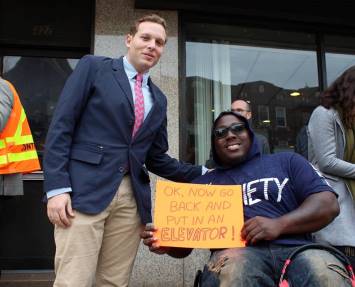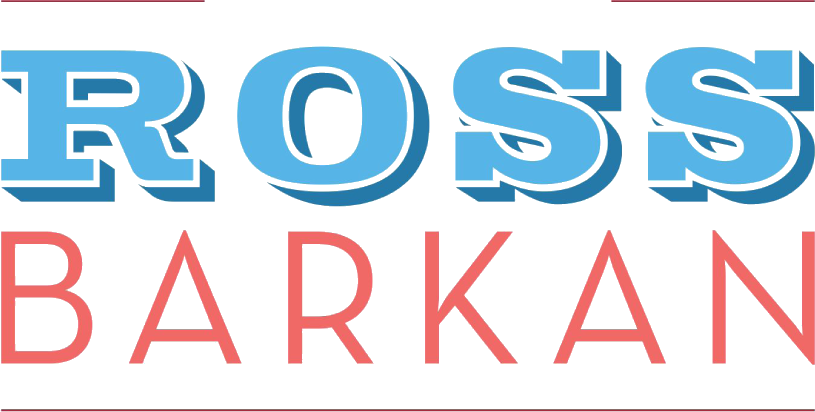
For a person with a disability, our neighborhoods, our borough, and our city can be very unforgiving.
Curb cuts are missing from street corners. Cars park in crosswalks. Access-A-Ride never shows up. The subway elevator breaks down—or the subway lacks one altogether.
Politicians will talk about transportation, housing, healthcare, or the economy, yet they will leave out a segment of the population that deserves a voice but is often ignored by the powers-that-be: people with disabilities.
When I announced my State Senate campaign, I promised I would be a different type of politician. My background is in journalism and I believe strongly in putting strong policy platforms in front of voters so they can know where I am coming from.
While I’ve discussed disability rights in the context of other platforms I’ve released for my campaign, I have not, until now, outlined my vision for making life better for people with disabilities.
I decided to do one now because I want to make sure I am leaving no one behind. It’s time to stop treating people with disabilities like second class citizens.
Every New Yorker must have the right and the ability to live, learn, and participate in their community. This is no different for people with disabilities. Ensuring supports are in place that allow those who are disabled to live in their own homes while simultaneously receiving the care and assistance they need is not just an issue of comfort, it is a civil rights issue. And ensuring that these protections and a wide array of care options are available to all New Yorkers is of the utmost importance.
This starts with fixing our subway system. Nearly 30 years after the passage of the Americans with Disabilities Act, only 20 percent of stations across the city are fully accessible. In my own Senate District, there are no subways with elevators—an unacceptable status quo.
I’ve called on the MTA to install elevators in every subway station in my district. In the interim, no upgrades of subway stations should be undertaken without accessibility factored in. It was a travesty that the Bay Ridge Avenue R station was closed for half a year without adding an elevator.
Even when stations are made accessible, the MTA doesn’t do nearly enough to alert those who frequently utilize elevators when they are out of service. A plan must be drawn up and funding must be added to ensure that this vital public service is truly accessible to all city residents.
Any senior or person with a disability who uses Access-A-Ride will tell you it’s a failed program. Access-A-Ride should be an on-demand program—I believe getting a vehicle should be as easy as hailing a cab or summoning an Uber.
Right now, if an Access-A-Ride vehicle shows up late, you are entitled to a “taxi voucher.” The problem is, you are still paying for a ride in a for-hire vehicle out of pocket. The MTA, predictably, is very slow to reimburse.
We can solve this by making the Access-A-Ride ID card a pre-paid debit card and allow riders to use cabs and car services. Waiting months (or even years) for a reimbursement will be a thing of the past.
We hear about it and live it on a daily basis: our neighborhoods are in the middle of an affordability crisis. This is particularly true for those living with a disability.
The city and state must work together to ensure that the housing needs of those living with disabilities are met, and that a share of new affordable housing that is constructed is dedicated to those individuals.
This must include supportive structures within these specific developments and full accessibility to ensure that people living with disabilities are able to stay in the communities they know and love.
Integration for those living with disabilities should mean full integration. Tailored job training programs for those individuals who choose to work is essential to ensuring they play an active role in their communities.
Partnerships must be made between city and state agencies, like the State Office for People With Developmental Disabilities and the New York City Department of Small Business Services to provide assistance in both training potential employees and connecting them with local businesses.
If I have the honor of serving in the State Senate, making New York a more equitable place will be my top priority. I promise to leave no one behind.


